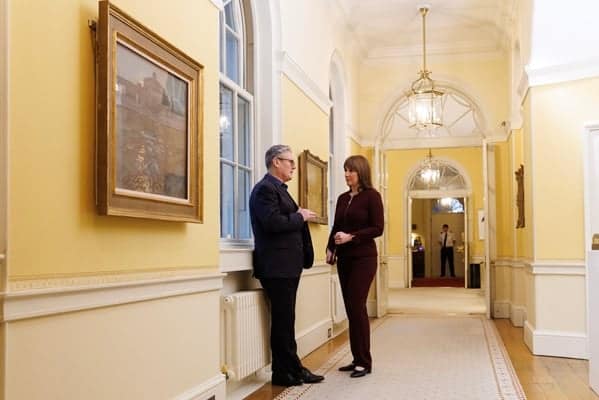
"After 14 years out of office, last year's Autumn Budget was largely met with an understanding that tax rises were necessary. Labour had been dealt a poor hand by its predecessors, with borrowing elevated and debt rising. The Chancellor, Rachel Reeves, announced tax rises to steady the ship and expressed hope that such an action would be a one-off. Yet, one year later, the Chancellor has reneged, announcing a further package of £26 billion worth of tax hikes."
"The OBR's downward adjustment to medium-term growth was driven by a long-overdue revision to its productivity forecast. In the years since the financial crisis, output per hour worked has grown at an average annual rate of just 0.6%, compared to 2.1% in the 15 years pre-2008. In the last two years, there have been consecutive declines. Yet, at each forecast round, the OBR has tended to show a turning point towards improved growth."
The Autumn Budget accepted that tax rises were necessary after prolonged elevated borrowing and rising debt. The Chancellor implemented tax increases intended to stabilise finances and initially presented them as a one-off measure. One year later an additional £26 billion of tax hikes was announced, increasing fiscal headroom but creating tension with a simultaneous growth commitment. The OBR upgraded its 2025 forecast to 1.5%, matching Cebr, while both project modest average growth ahead. The OBR cut medium-term growth mainly due to a downward revision to productivity, reflecting weak output-per-hour growth since the financial crisis. The extension of the income tax-band freeze is a significant, less transparent revenue-raising measure during strong earnings growth.
Read at London Business News | Londonlovesbusiness.com
Unable to calculate read time
Collection
[
|
...
]